Common Dental Emergencies: Essential First Aid Steps
Dental emergencies can happen at any time, often causing pain and distress. Knowing how to respond promptly with the right first aid steps can help you manage pain, prevent further damage, and protect your oral health until you can see a dentist for restorative work. Here’s a guide to handling some of the most common dental emergencies and taking the best first aid steps for immediate relief.
- Toothache

A sudden toothache can signal an underlying problem like a cavity, infection, or cracked tooth. Start by rinsing your mouth with warm water to clear any debris and dislodge any particles between the teeth. Floss gently around the affected tooth to ensure there’s no trapped food causing irritation. If pain persists, apply a cold compress to your cheek to reduce swelling, and consider taking an over-the-counter pain reliever like ibuprofen. Avoid aspirin directly on the gums, as it can burn the tissue. Schedule a visit to your dentist as soon as possible for further evaluation and treatment.
- Knocked-Out Tooth
A knocked-out tooth from a sports injury or accident requires immediate action to increase the chances of saving it. If the tooth is dirty, rinse it gently with water—don’t scrub or remove any tissue fragments attached to it. Try to place the tooth back into the socket if possible, holding it in place with gentle pressure. If reinserting isn’t possible, keep the tooth moist by placing it in a container of milk or a saltwater solution. Avoid using tap water, as it may damage the root cells. Time is critical, so head to your dentist or an emergency room within 30 minutes for the best chance of successful reimplantation.
- Chipped or Broken Tooth
If you chip or break a tooth, rinse your mouth with warm water to clean the area and apply gauze to control any bleeding. Use a cold compress on the outside of your mouth or cheek to reduce swelling. Collect any broken pieces of the tooth if possible, as your dentist may be able to repair it. Avoid biting down on the damaged tooth, and contact your dentist for an emergency appointment. They may recommend a bonding procedure or a crown to restore the tooth’s shape and function.
- Lost Filling or Dental Crown
When a filling or crown comes loose, it can leave the tooth sensitive and vulnerable. If possible, place the crown back over the tooth to protect it, using dental adhesive if available (you can find it at most drugstores). Avoid using household glue. If the filling is lost, apply a piece of sugar-free gum or dental cement to protect the exposed tooth temporarily. Contact your dentist to schedule a repair as soon as possible to prevent further decay or damage.
- Abscess
An abscessed tooth is a serious infection that can spread if left untreated. Abscesses appear as swollen, pus-filled pockets on the gums and can cause intense pain. Rinse your mouth with warm salt water several times a day to help reduce discomfort and draw the infection out. Avoid applying heat directly to the abscess, as it can worsen the infection. Seek immediate dental care, as abscesses require professional treatment to eliminate the infection fully.
- Soft Tissue Injuries (Lips, Cheeks, Tongue)
If you accidentally bite your lip, cheek, or tongue or experience an injury to the soft tissues, start by rinsing your mouth with warm water. Apply gentle pressure with a clean cloth or gauze to control any bleeding. For swelling, place a cold compress on the affected area. If bleeding persists after 10 minutes of pressure, go to an emergency room or see your dentist to check for any deeper injuries.
Be Prepared and Stay Calm
While dental emergencies can be alarming, staying calm and knowing these essential first aid steps helps you manage the situation effectively. Quick action, proper care, and prompt communication with your dentist can make a big difference in preserving your smile and relieving pain. If you experience a dental emergency, contact your dentist right away for further guidance and care.


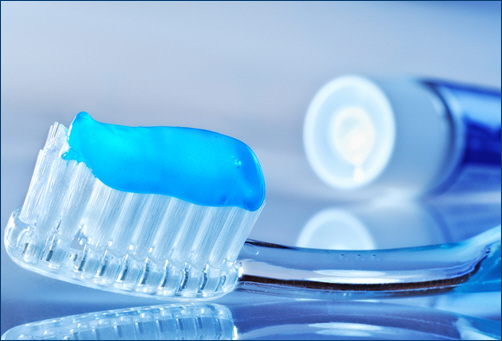
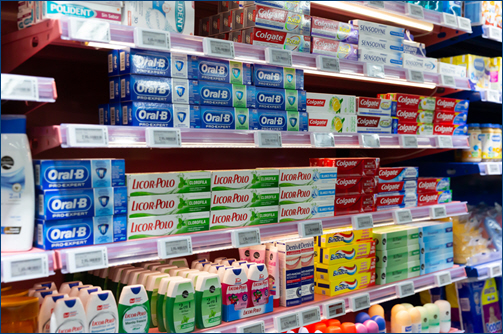 Key Toothpaste Ingredients
Key Toothpaste Ingredients
 Why Mouthguards Are Essential
Why Mouthguards Are Essential
 Child-Friendly Environment
Child-Friendly Environment
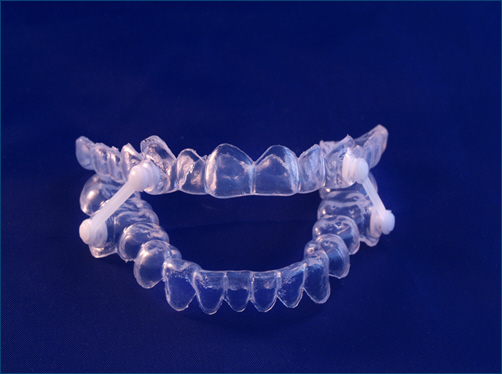 The Role of Dental Appliances
The Role of Dental Appliances
 Open communication with your dentist is essential in managing dental anxiety. Let them know about your fears and concerns before your appointment. A good dentist will listen and work with you to create a comfortable and supportive environment. They can explain each step of the process, provide reassurance, and offer options for pain management, such as sedation or local anesthesia.
Open communication with your dentist is essential in managing dental anxiety. Let them know about your fears and concerns before your appointment. A good dentist will listen and work with you to create a comfortable and supportive environment. They can explain each step of the process, provide reassurance, and offer options for pain management, such as sedation or local anesthesia.
 Dental implants are small titanium posts that are inserted into your jawbone, where they act as artificial roots for replacement teeth. The magic of implants lies in their ability to fuse with your bone, providing unparalleled stability for crowns, bridges, or dentures.
Dental implants are small titanium posts that are inserted into your jawbone, where they act as artificial roots for replacement teeth. The magic of implants lies in their ability to fuse with your bone, providing unparalleled stability for crowns, bridges, or dentures.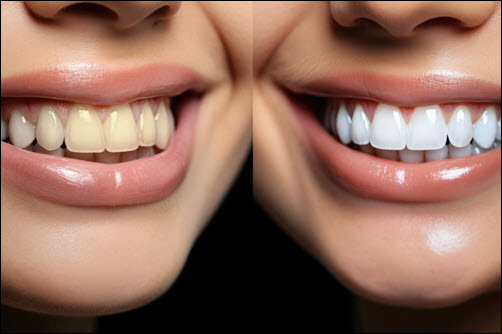
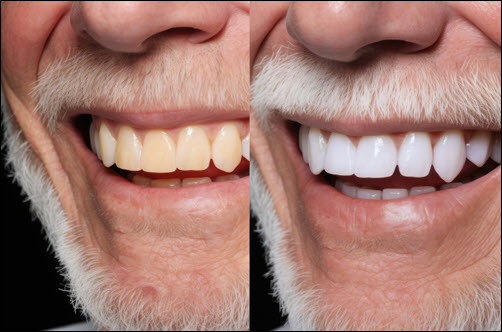 Teeth Whitening with UV or LED Blue Light
Teeth Whitening with UV or LED Blue Light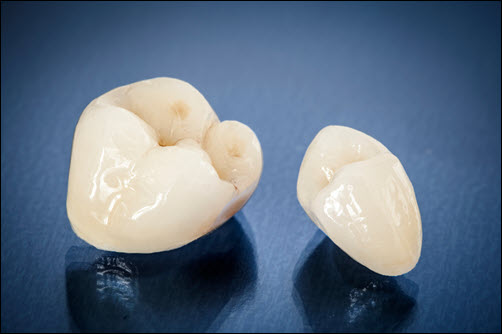
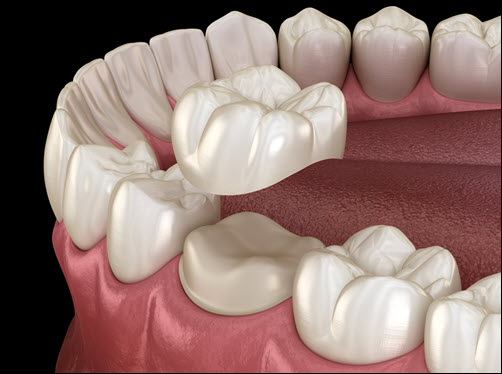 A dental crown is a cap that’s placed over a tooth to restore its shape, size, strength, and appearance. Crowns can be made from various materials, including porcelain, ceramic, metal, or a combination of these. They’re custom-made to fit your tooth and match the color of your natural teeth.
A dental crown is a cap that’s placed over a tooth to restore its shape, size, strength, and appearance. Crowns can be made from various materials, including porcelain, ceramic, metal, or a combination of these. They’re custom-made to fit your tooth and match the color of your natural teeth.
 Bruxism often goes unnoticed, as it usually occurs during sleep. Stress and anxiety are common triggers, but misaligned teeth or sleep disorders can also play a role. The symptoms can vary, from soreness and headaches to worn-down teeth. You might notice your teeth are becoming worn unevenly, or you might experience pain in your jaw, neck, or face. In some cases, it can lead to TMJ, a condition that causes pain and restricted movement in the jaw.
Bruxism often goes unnoticed, as it usually occurs during sleep. Stress and anxiety are common triggers, but misaligned teeth or sleep disorders can also play a role. The symptoms can vary, from soreness and headaches to worn-down teeth. You might notice your teeth are becoming worn unevenly, or you might experience pain in your jaw, neck, or face. In some cases, it can lead to TMJ, a condition that causes pain and restricted movement in the jaw.